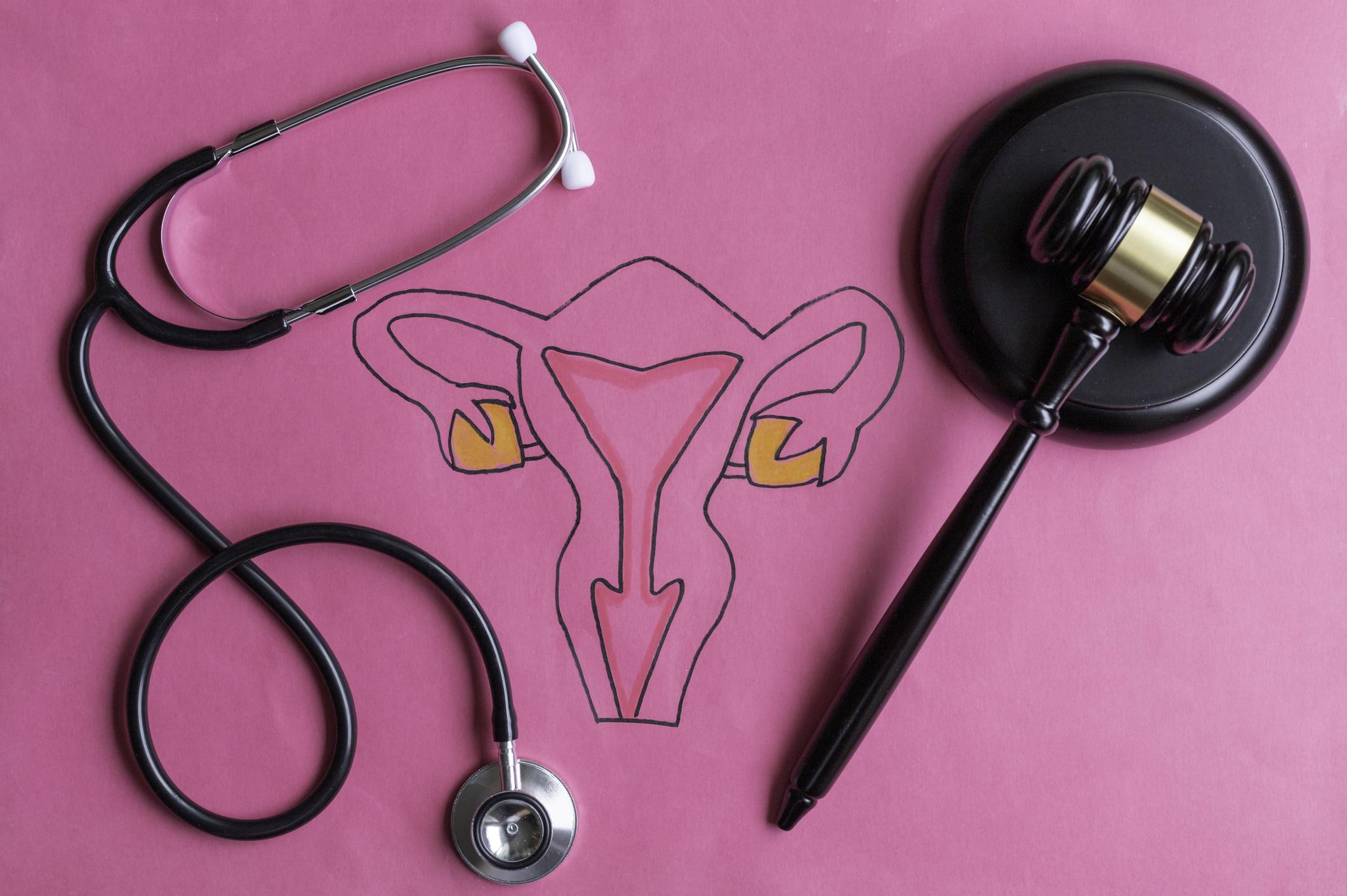The High Council for Equality estimates that several advances have been made in 3 years. But he stresses that much remains to be done to strengthen this right.

In 2015, 218,100 abortions were performed in France. More than one in three women has already had an abortion. Since the passage of the Veil law on January 17, 1975, this right has gradually been strengthened and its access facilitated, in particular thanks to the actions implemented in recent years. But this right to dispose of one’s own body is still a fragile right, warns Dr Gilles Lazimi, doctor at the municipal health center of Romainville (Seine-Saint-Denis) and member of the High Council for Equality (HCE) which comes to publish a report on access to abortion in France.
You salute 3 years of progress which guarantee access to abortion…
Gilles Lazimi: Indeed, these are 3 years of progress because two-thirds of the HCE’s proposals have been accepted by the government and implemented. We can notably cite the abolition of the 7-day period between the two consultations or the abolition of the notion of distress which also made it possible to reaffirm this right. The 100% reimbursement of the abortion itself, and the more recent reimbursement of associated examinations such as ultrasounds and blood tests are also major measures.
We can also welcome the launch of the website and the single information number, as well as the rhévo.fr or ivglesadresses.org site, which allow women to quickly find out where abortion is practiced and the type of abortion.
For the moment, no study makes it possible to evaluate the impact of these advances on the timeframes for appeal or the reception reserved for women. Personally, the women I see tell me that it’s easier than before. But I work in Seine-Saint-Denis, a department that has more than 110 planning centers, clinics and hospitals that perform abortions up to 14 weeks of amenorrhea.
Is this territorial inequality still a reality?
Gilles Lazimi: It is true that access to abortion is not the same everywhere. For more than 10 years (between 2001 and 2011, editor’s note), 130 centers were closed. It is for this reason that we have asked for a moratorium because we want women to be able to be welcomed and have recourse to abortion if they wish. But for that, the centers must remain open. This is a point on which we really expect action.
To improve the local offer, it would be possible to increase the pricing of the act, and ensure that more doctors are trained in these techniques. The training of younger generations is also very important. Sexuality, contraception and abortion must be better taught in our faculties to break the a priori.
Is the right to abortion still fragile?
Gilles Lazimi: Yes, and to reinforce this, we ask that the conscience clause be removed because it already exists for all professionals. This legal clause allows some doctors to give women a bad reception when it is very important to accompany them with kindness and empathy so that the abortion goes well.
We are also expecting that certain sites which advance masked on the Internet will be removed or incur penalties thanks to the extension of the offense of obstruction because they give pernicious information to women in an attempt to dissuade them.
We must ensure that this right is not unraveled. Whenever there is backtracking, it is above all women’s rights that we attack.
Gilles Lazimi, doctor at the Romainville municipal health center and member of the HCE: “ What will condition the experience of abortion is the first reception… »
.















